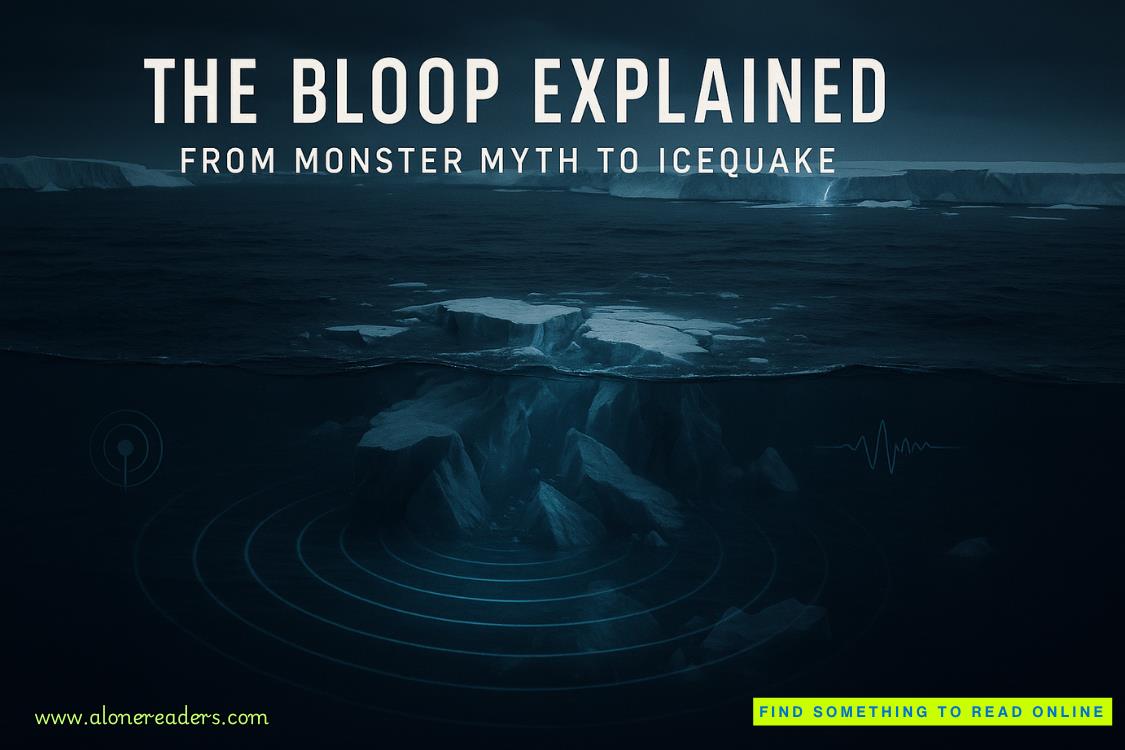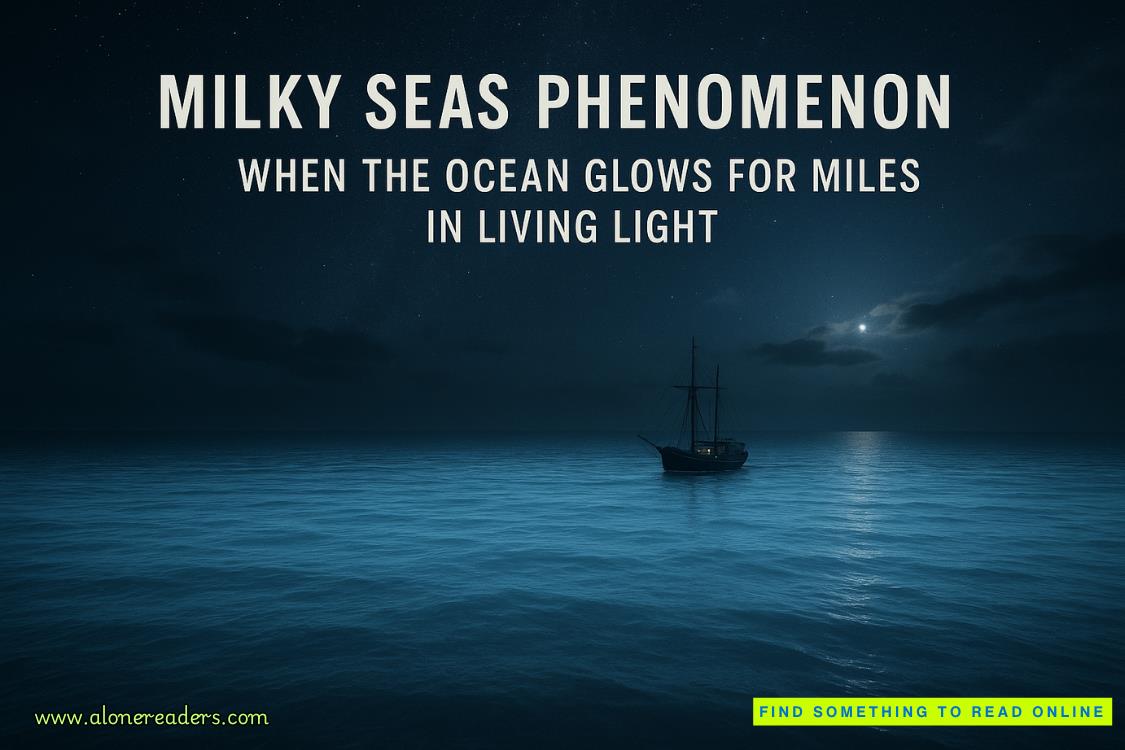Page 63 of The Shadow Key
A murdered man. A poisoned vial. A strange symbol. These are facts he is sure of. What he is not sure of are the circumstances of those facts. Why is the vial of such unusual design? Why should it possess the remnants of nature’s deadliest poison, a poison obviously administered to Dr Evans? He had no enemies, according to Linette, but that is blatantly untrue. Someone wanted him dead. His sister claims there was no ill-feeling between the rival doctors, but that Beddoe is involved seems at present far too likely – from what Lord Pennant revealed earlier at the mine, it seems Beddoe had his eye on Wynn Evans’ position in Penhelyg, and there can be no denying that Criccieth’s doctor was altogether too suspect in the answers he provided when Henry questioned him.
And, of course, there is the ring. He has played the final moments of his visit to Beddoe over and over in his mind, and Henry is sure – absolutely positive, despite his glancing view of it – that he saw the symbol on the older man’s ring. So, then, what does that signify? What connection does it have to the Tresilians?
Before, Henry prided himself on logic. Before, before the mess with Viscount Baverstock, Henry had always felt sure of himself, especially in matters of medicine and science. But this is beyond his capabilities. He feels utterly at sea.
Should he write to Francis, ask for his advice? For a brief moment Henry seriously considers the notion, sits up in bed to fetch paper and quill, until a thought makes him sit back against the pillows again in disappointment. Meirionydd is out of Bow Street’s jurisdiction. He would only advise Henry to seek out the magistrate. But considering that magistrate is Lord Pennant, a man who appears to be closely acquainted with Criccieth’s doctor …
Henry clenches the shell. He knew he would not like Plas Helyg’s neighbour when he finally met him. His opinions on Dr Evans aside, Henry found him a self-centred, condescending man. All the while Lord Pennant was speaking in that last cavern Henry strived to practise patience. He will not ever forget the boy he saw hanging from the ceiling, a chain around his leg. A boy! The lad could not have been more than fifteen years old. With unease Henry thinks of Cai Jones, his ungainly limp. And so while Linette and the two men exchanged their loaded words he stared into the dark … until that dark was marred by those strange coloured lights.
Two red, one blue.
They truly had looked like candles at first, but what candle flame possesses such strange hues? It is true that sometimes a flame might burn blue at the very centre of the wick if one were to look closely, but from where Henry was standing in the cavern he would not have been able to see it. And as for red, well, no candle he has ever seen could burn that fierce a colour. So, what were they? He knows he saw them, despite what he told Linette.
He knows he did.
Henry puzzles over it now as the grandfather clock below chimes the hour. His pocketwatch sounds the minutes, and he lies there listening to its regimental tick-tick-tick with growing frustration. At one-thirty he gets out of bed, uses the chamber pot. At two Henry gives up completely and lights a candle, fetches the Welsh dictionary, the book of Welsh folklore, his creased and scribbled translations.
It is a distraction, if nothing else.
He has already translated the tale of ‘The Lady of the Lake’, one chapter about an old woman who outwitted the Devil after he built her a bridge, and another about a witch who turned into a hen and ate her son. One chapter spoke about the dastardly deeds of fairies. Y tylwyth teg they are called here, and Henry has never heard of anything so ridiculous. Some (so the book says) make violins that bewitch people to dance without stopping, others tempt people with gold, only to then curse them for touching it. Some even steal children.
In London children go missing as often as whores open their legs. Many are runaways, escaping a life of abuse and poverty; many more are sold into slavery or to brothels and molly houses. Others … well. Bodies are fished out of the Thames every month. Sometimes the surgeons at Guy’s use their cadavers for anatomy lessons, including Henry himself.
These are true stories. These are unfortunate facts. Nothing fanciful about them. But for children to go missing at the expense of a fairy?
Complete and utter nonsense.
Henry opens the book on the next chapter, reads the title.
Coblynau.
It takes Henry a while to translate the first paragraph. In the guttering candlelight he squints between page and dictionary, diligently marks the vellum with his pencil until, at length, he is done:
A creature similar to the bwcaod, which haunts the mines, quarries and secret places of our majestic mountains. Such beings are known to knock on the walls so as to lead miners to rich veins of ore, and are therefore considered to be creatures of good luck and fortune. Ensure they are given ample award of food and water, for they have a nasty temperament! It is said that if one were to offend such a being they have been known to throw stones, steal food and tools, extinguish lanterns or, worse, may endeavour to cause a rockslide or cave-in, resulting in a most terrible and dastardly death.
With a huff Henry flings the books on the coverlet, his translations with them, rests back against the headboard. He looks at the pocketwatch:
Three twenty-two.
He snaps the lid shut. Stares at the ceiling.
Tick-tick-tick.
A hoot of an owl outside.
Tick-tick-tick.
Henry presses his temples.
Tick-tick-tick.
A rustle at the door.
Henry shoots up in bed, instantly alert. For a drawn-out second there is nothing, but then the sound comes again.
Shuffling on carpet.
‘Linette?’















